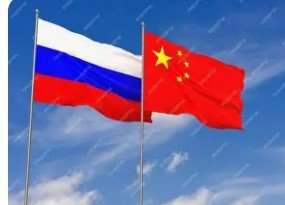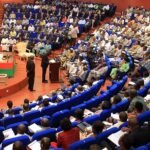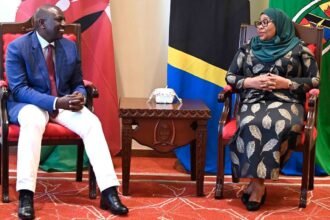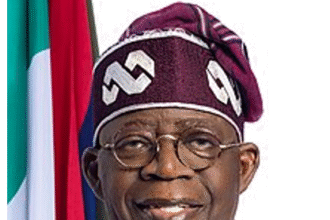By Abu Hassan
MOSCOW – As Russian President Vladimir Putin and Chinese leader Xi Jinping meet in Moscow this week to solidify their strategic partnership, a central, if unspoken, question looms over their deliberations: where does Africa stand? The high-stakes summit, framed by both powers as a necessary counterweight to U.S. hegemony, is not just about reshaping the global balance of power—it is about courting the continent seen as essential to any new world order.
The deepening Moscow-Beijing axis, strengthened by shared geopolitical rivalries and a mutual desire to dilute Western influence, is increasingly projecting its vision into Africa. Analysts suggest that for both nations, the continent represents the ultimate strategic prize—a source of critical minerals, a growing consumer market, and a vast bloc of diplomatic votes in international forums like the United Nations.
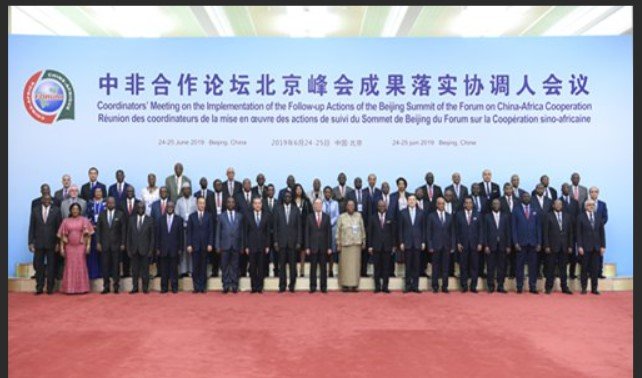
“This partnership is a marriage of convenience with a clear division of labor,” explains Dr. Anya Okojie, a senior fellow at the Center for Strategic and International Studies in Abuja. “China provides the economic muscle through its Belt and Road Initiative, financing and building infrastructure across the continent. Russia offers security, through military partnerships and Wagner Group mercenaries, and political cover for regimes at odds with the West. Together, they present an alternative to the conditional aid and governance demands of traditional Western partners.”
This alternative model has gained significant traction. From the Sahel, where military juntas have expelled French forces and welcomed Russian security contractors, to strategic ports on the Red Sea, the footprint of both nations is expanding. China remains Africa’s largest trading partner, while Russia has made significant inroads in arms sales and energy deals.
However, this courtship is not without its complications for African nations. While many governments welcome the influx of investment and the option of non-Western partners, there are growing concerns about debt dependency linked to Chinese loans, the environmental impact of extractive projects, and the destabilizing influence of private military companies.
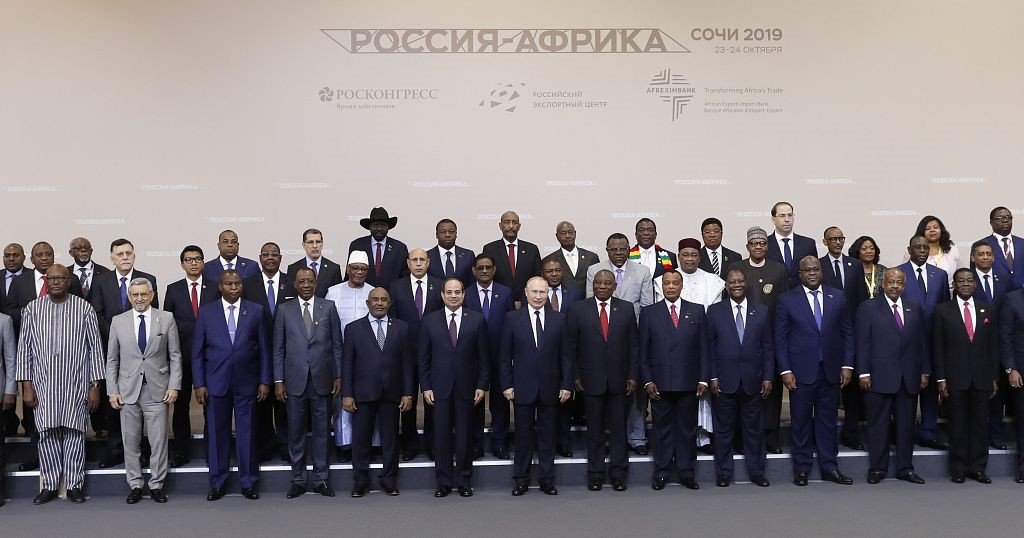
“African leaders are not naive; they are playing a sophisticated game of multi-alignment,” says Cape Town-based political economist Sizwe Mbata. “They are leveraging this new great power competition to their advantage, accepting investment from East and West, refusing to be forced into a binary choice. The goal for most is sovereignty and development, not allegiance to a new bloc.”
The Biden administration has taken note, scrambling to re-engage with a continent it acknowledges was neglected in recent decades. The U.S.-Africa Leaders’ Summit last December and high-level visits by top officials are part of a strategy to offer a “positive alternative” centered on democratic values, transparent deals, and climate-friendly infrastructure.
Yet, the message from Moscow and Beijing is one of uncompromising sovereignty and non-interference—a potent appeal to leaders wary of Western criticism on human rights and governance.
As Putin and Xi emerge from their meetings, issuing joint declarations on a “new era” of cooperation, their success will ultimately be measured far beyond the Kremlin’s walls. It will be determined in the capitals of Abuja, Addis Ababa, and Dakar, where African leaders are carefully calculating their next move in a rapidly fragmenting world.
The emerging global order, it seems, will not be forged solely in Moscow, Beijing, or Washington, but will be shaped by the choices of a continent asserting its own agency on the world stage.


